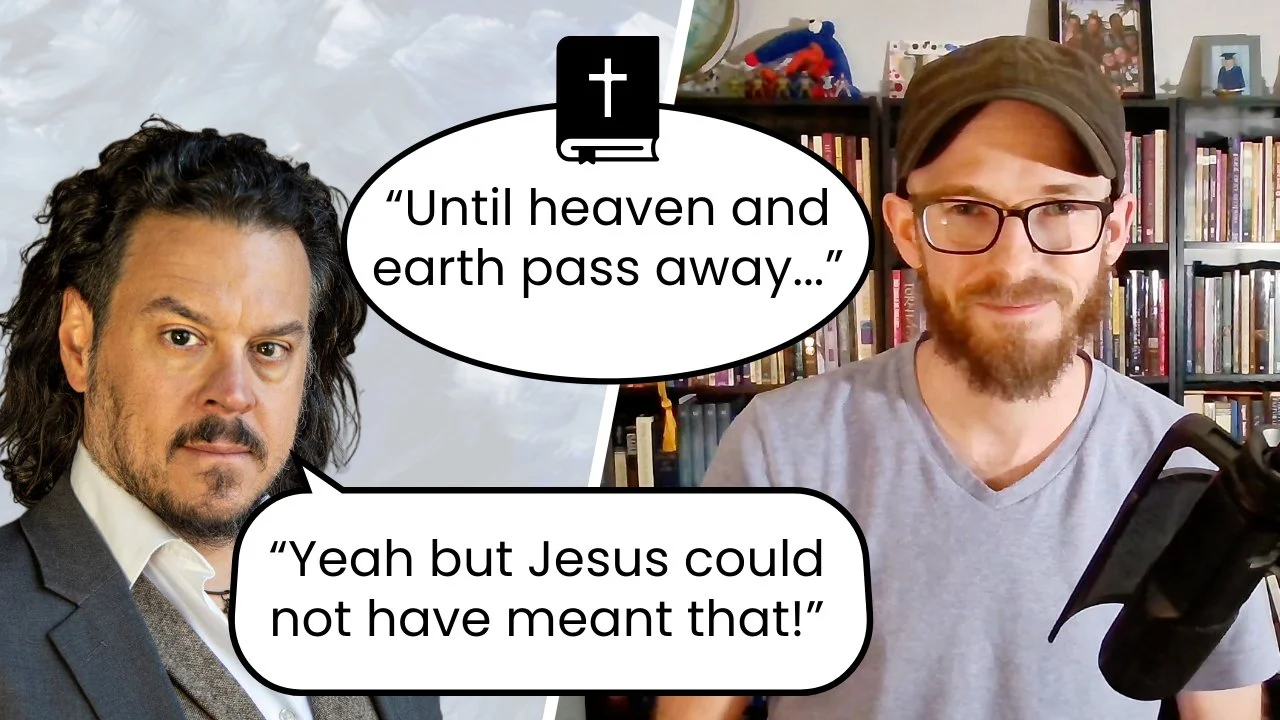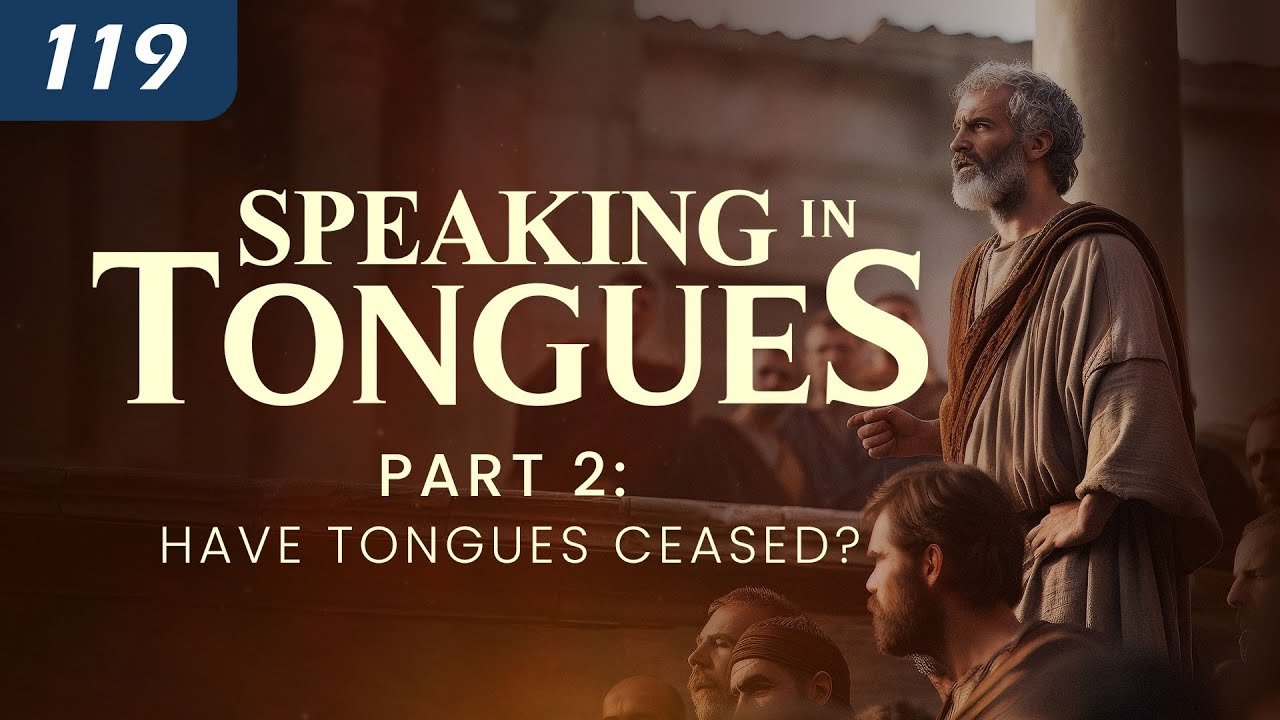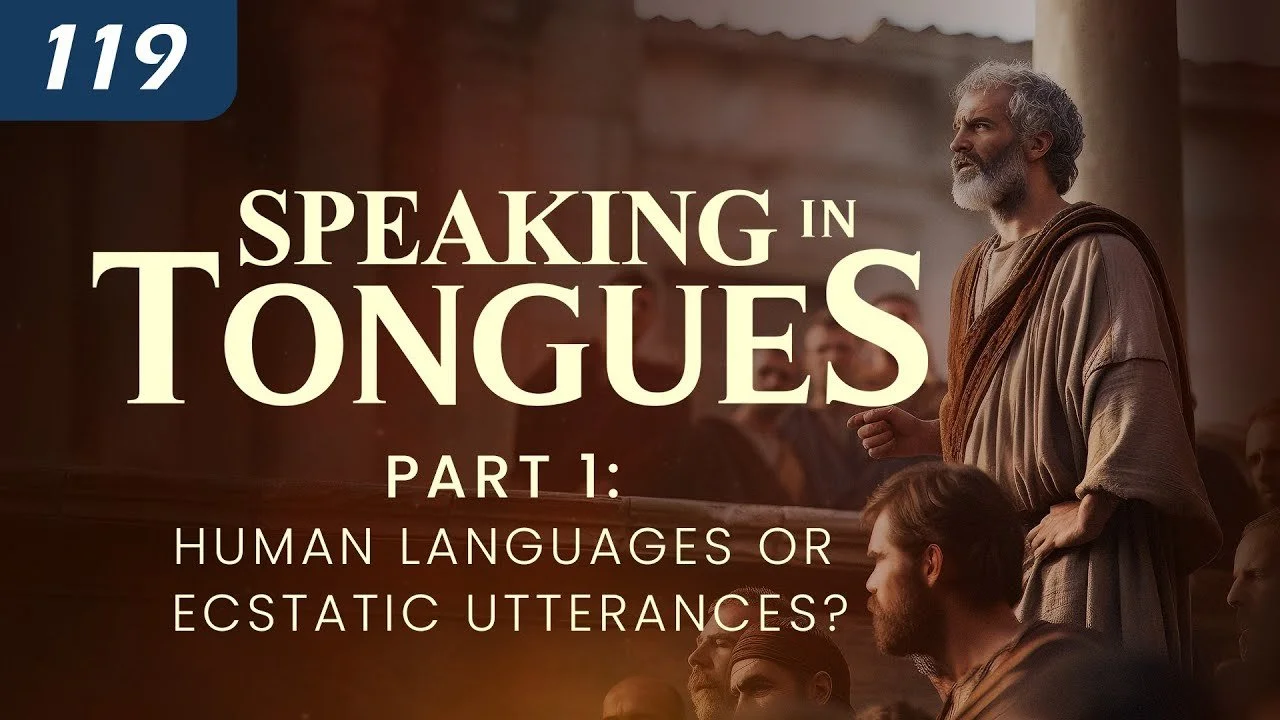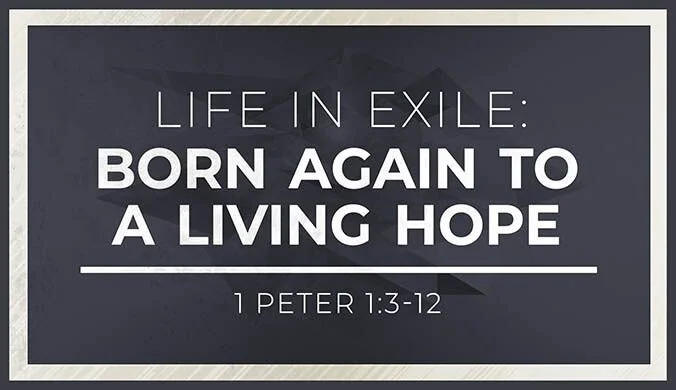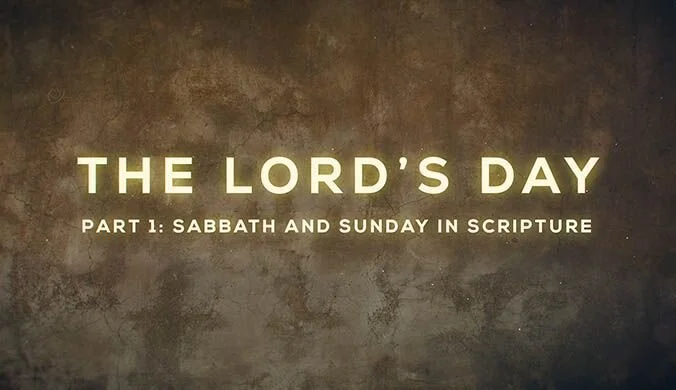After declaring that he did not come to abolish the Law and the Prophets but to fulfill them, and that the whole Law of Moses will remain in effect as long as heaven and earth exist (Matthew 5:17-18), Jesus urges his followers to obey and teach the Torah’s commandments (Matthew 5:19). In this video, we will look at Matthew 5:19 and unpack Jesus's warning against disregarding the Torah's commandments and his call to be great in the kingdom by doing and teaching them. We will also address the claim that Jesus was not referring to the Torah's commandments in Matthew 5:19 and explore why the context contradicts that interpretation.
Until Heaven & Earth Pass Away, the Law of Moses Will Stay (Matthew 5:18)
Did Jesus bring the Law of Moses to an end, or did he want his followers to obey it? As we learned in our previous video, Jesus makes it clear in Matthew 5:17 that he did not come to invalidate the Law’s authority but rather came to teach and demonstrate the correct way to obey it. This statement alone is sufficient to dismiss any claims that Jesus did away with the Law. But he doesn’t stop there. In Matthew 5:18, he goes on to declare that the whole Torah will remain as long as heaven and earth exist. In other words, it will not be going away any time soon. In this video, we will delve into the significance of Jesus’s statement that nothing will pass from the Law “until heaven and earth pass away” and “until all is accomplished.”
Rabbi Tovia Singer is Wrong About Paul's Position on the Law of Moses
In a recent video, Rabbi Tovia Singer argues that Paul detested the Law of Moses and taught that Christians don’t need to keep it. However, Rabbi Singer’s objection relies on an outdated, antinomian reading of Paul, which does not accurately reflect the true Paul depicted in the Pauline epistles and Acts. In this video, we address Rabbi Singer’s claims and clarify Paul’s stance on the Law of Moses.
What it Means to Fulfill the Law of Moses (Matthew 5:17)
What did Jesus teach about the Law of Moses? Did he say that he came to bring it to an end, or did he want his followers to obey it? Matthew 5:17-20 is a key passage that speaks to this question. In this video, we focus on verse 17, where Jesus says, “Do not think that I have come to abolish the Law or the Prophets; I have not come to abolish them but to fulfill them.” We explore what Jesus meant by the terms “abolish” and “fulfill.”
Is Luke-Acts History?
Speaking in Tongues Part 2: Have Tongues Ceased?
Speaking in Tongues Part 1: Human Languages or Ecstatic Utterances?
Life in Exile: Clothe Yourselves With Humility (1 Peter 5)
We look at 1 Peter 5, the final chapter in this series of a life in exile. In this chapter we see a final exhortation to both the young and old, to all believers, in how to conduct ourselves. He says to clothe yourselves with humility. We also give a high-level review of what we have learned throughout this journey through 1 Peter.
The Sabbath and the Death Penalty
Thoughts on the Law of Christ: A Response to Pastor Kyle Bailey
Life in Exile: Perseverance in Suffering (1 Peter 4)
Life in Exile: Hope Worth Defending (1 Peter 3:8-22)
Matters of Opinion (Romans 14)
In Romans 14, Paul admonishes his readers not to pass judgment on one another over days and foods. Based on this chapter of Scripture, many believe Paul teaches that it doesn't matter whether or not believers observe the commanded holy days and dietary laws in the Torah. But is that really what Romans 14 teaches?



